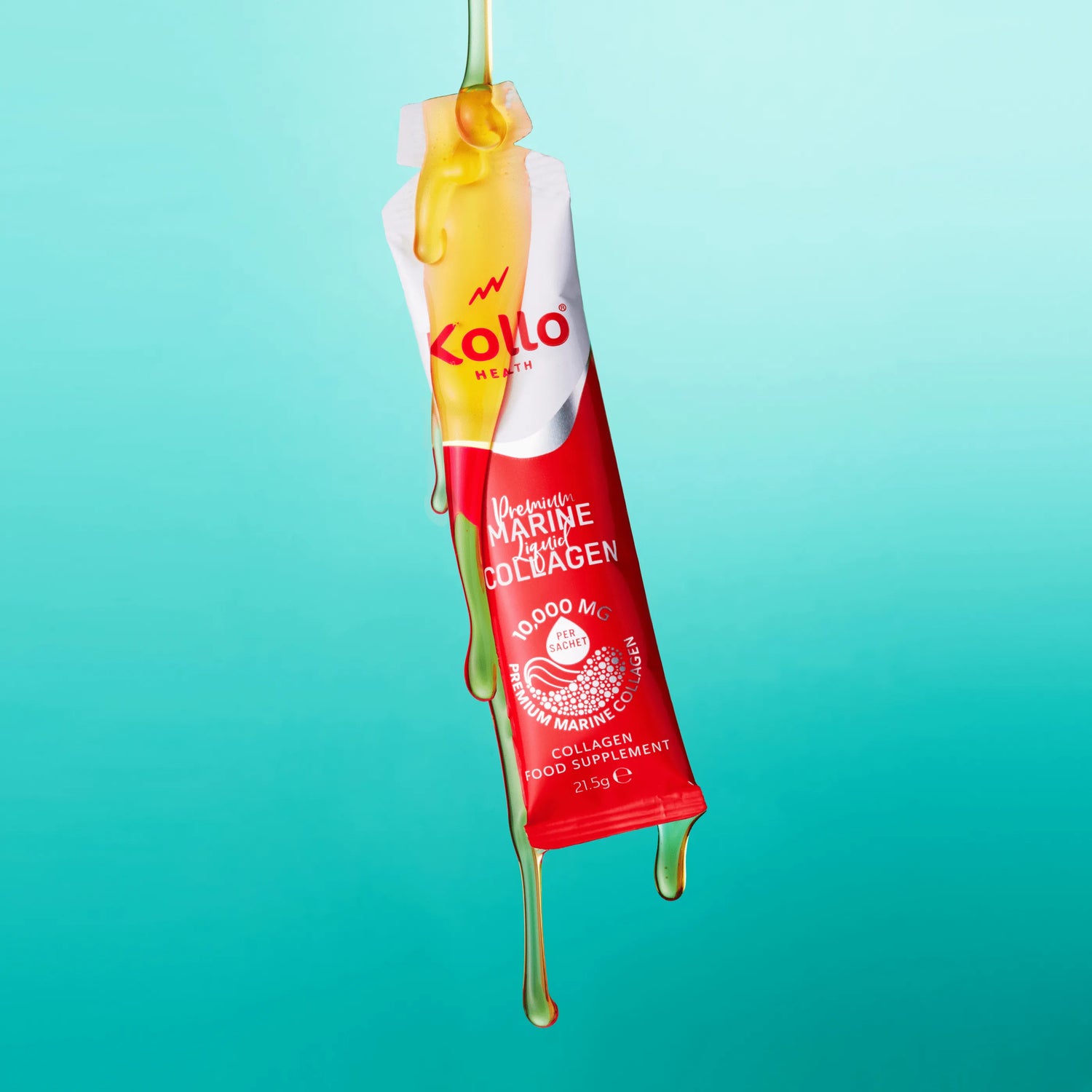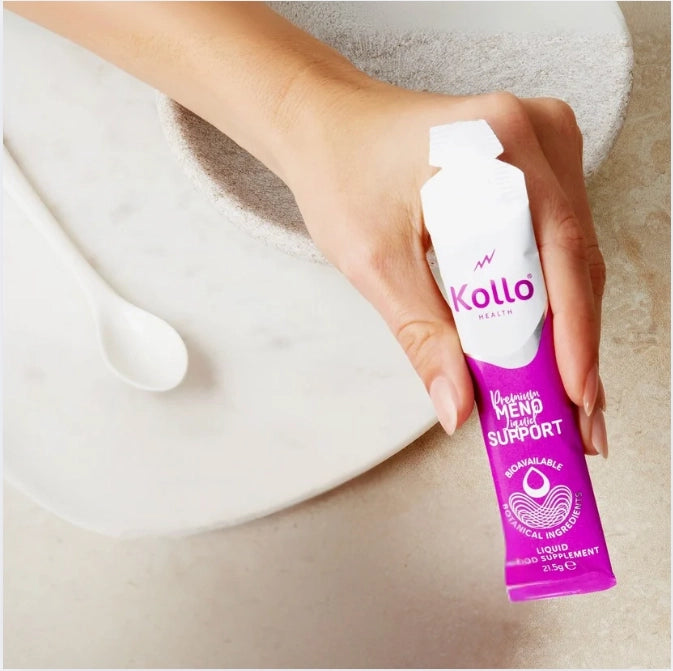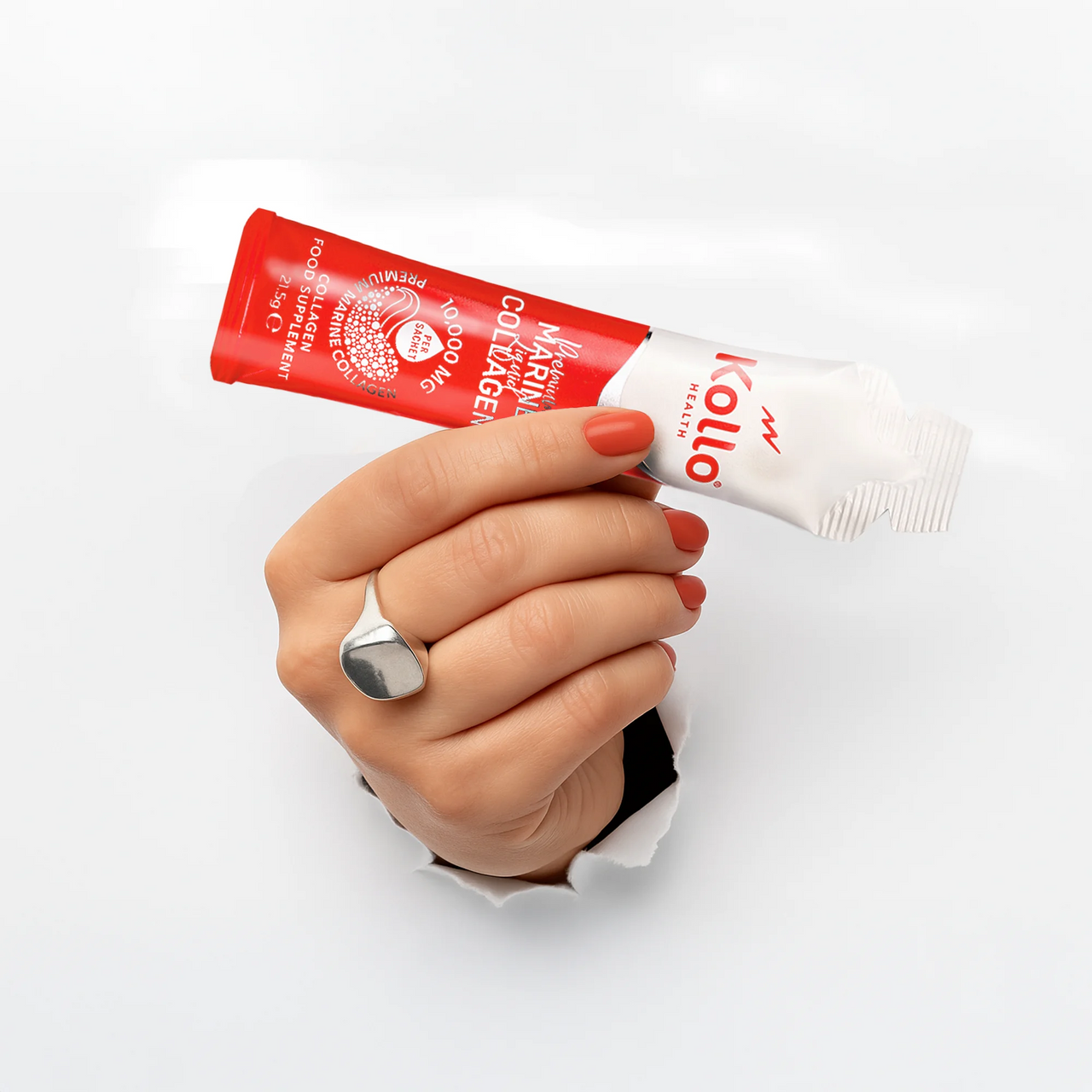When to take marine collagen
People take marine collagen to help with conditions like joint pain, tendonitis, brittle nails, damaged hair, and various skin problems. Though it has been around for quite some time, it was only recently recognised as a worthwhile supplement after celebrities and health professionals started endorsing it for its numerous benefits. However, few people know how best to use it. This article discusses the benefits of marine collagen, when to take it, and tips to help you get the most out of this supplement.
What is marine collagen?
Marine collagen is a type of collagen supplement derived from fish. To understand marine collagen, you must first understand its relationship with your body. Collagen forms the largest percentage of protein in the human body. It is present in our bones, skin, muscles, and tendons. It holds the cells together, provides strength to the structure of organs, adds to the consistency of connective tissue, and gives the skin its strength and elasticity. There are two types of collagen.
Endogenous collagen
Endogenous collagen is the collagen naturally synthesised by our bodies. However, once you hit 20, your body's collagen production decreases by 1% every year. The decline accelerates because of menopause and other factors such as:
UV rays exposure
Your body, especially your skin, losses collagen faster when exposed to sunshine. The UV rays of sunshine alter your skin's DNA, thus leading to faster collagen depletion. In addition, the rays produce free radicals in the body, accelerating depletion further.
Smoking
This habit is terrible for your overall health but more so for your collagen stores. Smoking reduces the amount of oxygen that reaches your tissues. Minimal oxygen in tissues derails their regenerative process, damaging and even killing off tissue sections. Tobacco also contains chemicals that cause oxidative stress on your body, which is why those who smoke seem to age faster than those who don't.
Stress
Stress creates a conducive environment for inflammation in the body, inhibiting your natural collagen production process. In addition, elevated cortisol caused by stress further inhibits collagen production.
Poor diet
A diet rich in inflammation-inducing foods also hinders collagen production in your body. For example, excess sugar in foods causes collagen to harden and fragment, causing organs like your skin to lose elasticity and overall strength.
Genetics
You can see the effects of genetics in a family with great skin, where ageing barely shows among the generations. These groups have a natural ability to produce and store more collagen than the average person.
Exogenous collagen
Exogenous collagen is synthetic, meaning your body cannot produce it. Therefore, you must replenish your depleted endogenous collagen by taking collagen supplements or collagen-rich foods.
Collagen-rich foods
Other animals also produce collagen naturally. Therefore, consuming the bones, skin, and ligaments of chicken, pigs, fish, cows, etc., will supply you with collagen. Bone broth makes for a delicious collagen source.
Collagen supplements
Supplements are a great source of collagen mainly because of their packaging. They are derived from collagen-rich foods and synthesised to be ready for your body to assimilate conveniently. An example is marine collagen supplements.
What are the benefits of marine collagen?
Promotes skin health
One of the first signs of ageing is wrinkles and fine lines, which reveal a depletion of collagen in your skin. Marine collagen replenishes your collagen supply, minimising the appearance of wrinkles and giving you a youthful look.
Improves gut health
Stress, a poor diet, and other negative factors destroy your intestinal lining, causing leaky gut syndrome. Marine collagen contains two amino acids, glycine and glutamine, vital for protecting and strengthening your intestinal lining and minimising inflammation.
Ensures quality sleep
The glycine content in marine collagen maintains core body temperature, which is necessary for quality sleep. In addition, it maintains blood sugar at steady levels, further improving your sleep quality.
Strengthens bones
Marine collagen facilitates better absorption of calcium, phosphorous, and other minerals necessary for bone strength. The supplement also facilitates better osteoblast function, leading to osteoid build-up in the bones.
Enhances workout results
The glycine in marine collagen accelerates creatine production in your body, improving exercise performance and leading to better muscle mass development. The supplement also contains proline, an antioxidant that manages post-workout aches and pain.
In what state should you consume marine collagen?
Marine collagen is best consumed hydrolysed. Hydrolysed collagen is broken down into smaller, easy-to-process particles through hydrolysis and is often presented as a powder. This form of collagen is rapidly absorbed into the body and quickly converted to what your body needs. For example, amino acids can be converted back into collagen for your skin to get rid of wrinkles.
Marine collagen is classified as Type I collagen. It is the most abundant type in the body, and it mainly helps the skin repair itself. To ensure that consumers get all the benefits of collagen, manufacturers combine marine collagen with other collagen types.
-
Type II is found mainly in cartilage, and it significantly improves joint health.
-
Type III is also beneficial for skin health because it improves its elasticity.
-
Type V is vital for the growth of the placenta during pregnancy.
-
Type X is present in cartilage and facilitates better bone health and development.
Therefore, when choosing a supplement brand, be keen on which combinations are present. Marine collagen contains type I, but some brands add other collagen types, essential nutrients, and minerals into their products.
When should you take your marine collagen supplement?
Having learnt that you need to take marine collagen in its hydrolysed form, let us look at how to time your intake. Some people swear by taking it in the morning, while others religiously take it at night.
Those who take the supplement early in the morning do so to facilitate better absorption. Since their stomachs are empty, digestive juices will efficiently work on the supplement, thus ensuring maximum absorption. On the other hand, those who take it at night do so to allow enough time for their bodies to digest the supplement while they sleep. Each approach aims to improve absorption efficiency, making it hard to recommend one over the other. Either way, you'll still ingest and assimilate the supplement. You only need to pick which time suits your schedule.
Additionally, there is the matter of meals. Health and nutrition experts agree on taking marine collagen on an empty stomach. Therefore, taking marine collagen first thing when you wake up or spacing your meals to allow ample time for marine collagen's exclusive digestion improves absorption efficiency.
Moving further, let us consider age. Ideally, you need to start taking marine collagen supplements after hitting 20 because your body's natural ability to produce collagen reduces. However, the best time to start is now if you haven't started. You may be 60 years old, but that doesn't mean it is too late. The hydrolysed form of collagen will still get absorbed and improve your health.
Collagen preservation tips
You may be asking 'What else can I do to improve my health?' The answer is, plenty!
While your natural ability to produce collagen will steadily reduce after you hit 20, you need to protect the process as you replenish through supplementing. Here are some ways to do so:
Stick to a healthy and balanced diet. Besides keeping off many diseases and improving your health and vitality, a healthy diet promotes collagen production and replenishes lost reserves. Include collagen-rich foods like beans, egg whites, avocado, berries, bell peppers, leafy greens, garlic, etc., in your diet for the best results.
Get quality sleep. You should aim for 6-8 hours of sleep every night in a cool, dark, and quiet room. Quality sleep helps your body regenerate lost protein and energy reserves, and balance hormones.
Control your exposure to direct sunlight. This means wearing sunscreen if you when you’re out and about and keeping exposure to direct sunlight down to 30 minutes daily.
Quit smoking, and avoid secondhand smoke as much as possible. Smoking is dangerous for your overall health, besides accelerating collagen depletion.
How much marine collagen can you safely take?
Most marine collagen supplement brands have dosage recommendations on the packaging. You'll find some recommending one to two scoops of the powder or one to two capsules. However, you need to pay attention to the ingredient content and measures section. Ideally, 2.5-15 grams daily is safe and effective. The variation within this bracket depends on your needs and age. In addition, avoid taking too much of the supplement. While it is non-toxic, too much marine collagen makes you feel too full and could cause a stomach upset.
Conclusion
Collagen is an abundant and important protein in your body. It helps strengthen your organs and gives bones, skin, and cartilage structure. Supplementing becomes necessary once your body's natural ability to produce collagen diminishes. Marine collagen is one of the best supplements, and taking it at the optimal time helps improve absorption efficiency. Take in the morning or at night on an empty stomach for maximum absorption efficiency. Ensure that you complement marine collagen with a healthy diet for maximum results.







